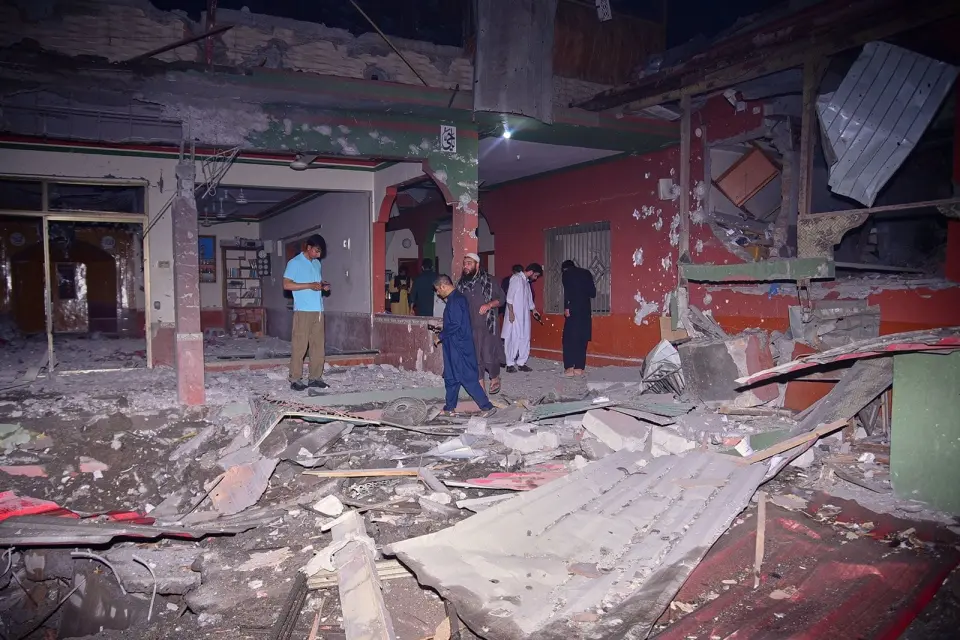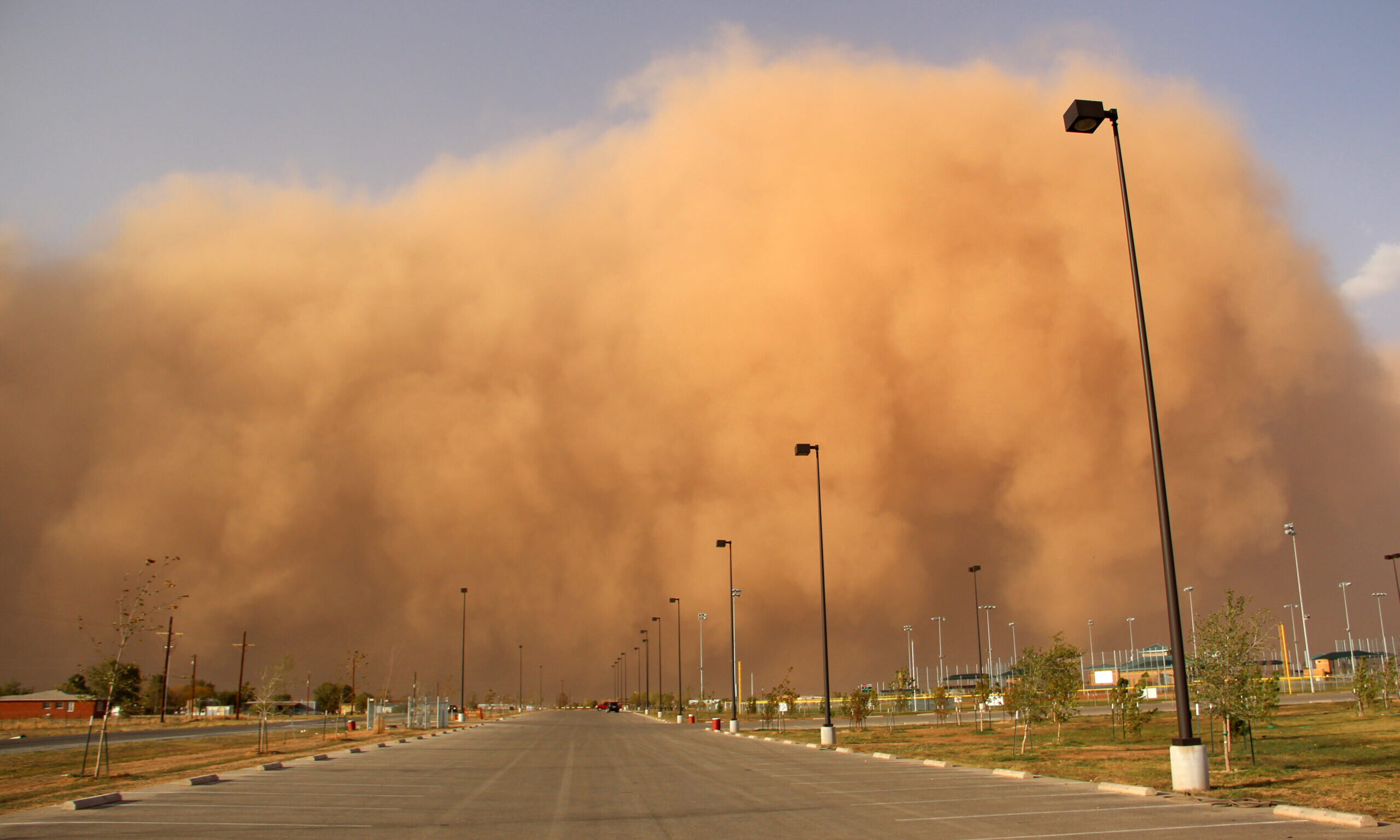The fragile peace between India and Pakistan has been severely tested following a deadly escalation in cross-border hostilities. On May 6, the Indian Air Force launched a coordinated airstrike against nine suspected militant camps across the border in Pakistan-administered territory. The move, which the Indian government labeled a “pre-emptive counter-terror operation,” was in direct response to the April 22nd terrorist attack in Indian-administered Kashmir that left 26 Hindu pilgrims dead. The attack was allegedly carried out by the Jaish-e-Mohammed (JeM), a group with historic ties to Pakistan, igniting calls within India for a forceful retaliation.
Pakistan, for its part, denounced the strikes as a blatant violation of its sovereignty and labeled them an “act of war.” In the immediate aftermath, Pakistan’s military responded with artillery shelling near the Line of Control and reported that two Indian drones had been intercepted and downed. Civilian casualties were reported on both sides, and local residents in the affected regions have begun fleeing in fear of further escalation. Both governments have ramped up rhetoric in the days since, leading to fears of a potential military standoff between two nuclear-armed nations.
The international community has responded with urgency, urging restraint and dialogue. The United Nations, United States, and several European powers have called for de-escalation and have offered to mediate, though both India and Pakistan have historically resisted third-party involvement. While both sides maintain that they do not seek war, the high-stakes brinkmanship has caused alarm among geopolitical analysts, who warn that even a limited conflict could spiral out of control given the region’s volatility and long-standing animosity. Despite backchannel diplomatic communications, trust remains low, and a resolution appears distant.
This is not the first time India and Pakistan have teetered on the edge of conflict. Since their partition in 1947, the two countries have fought multiple wars—primarily over Kashmir, a region both claim in full but control in part. What makes this situation particularly alarming is the domestic political backdrop in both countries, where nationalist sentiments run high and leaders may face pressure to appear strong rather than conciliatory. As tensions mount, the coming weeks will be crucial in determining whether this episode marks a temporary flare-up or the beginning of a deeper crisis in South Asia.



